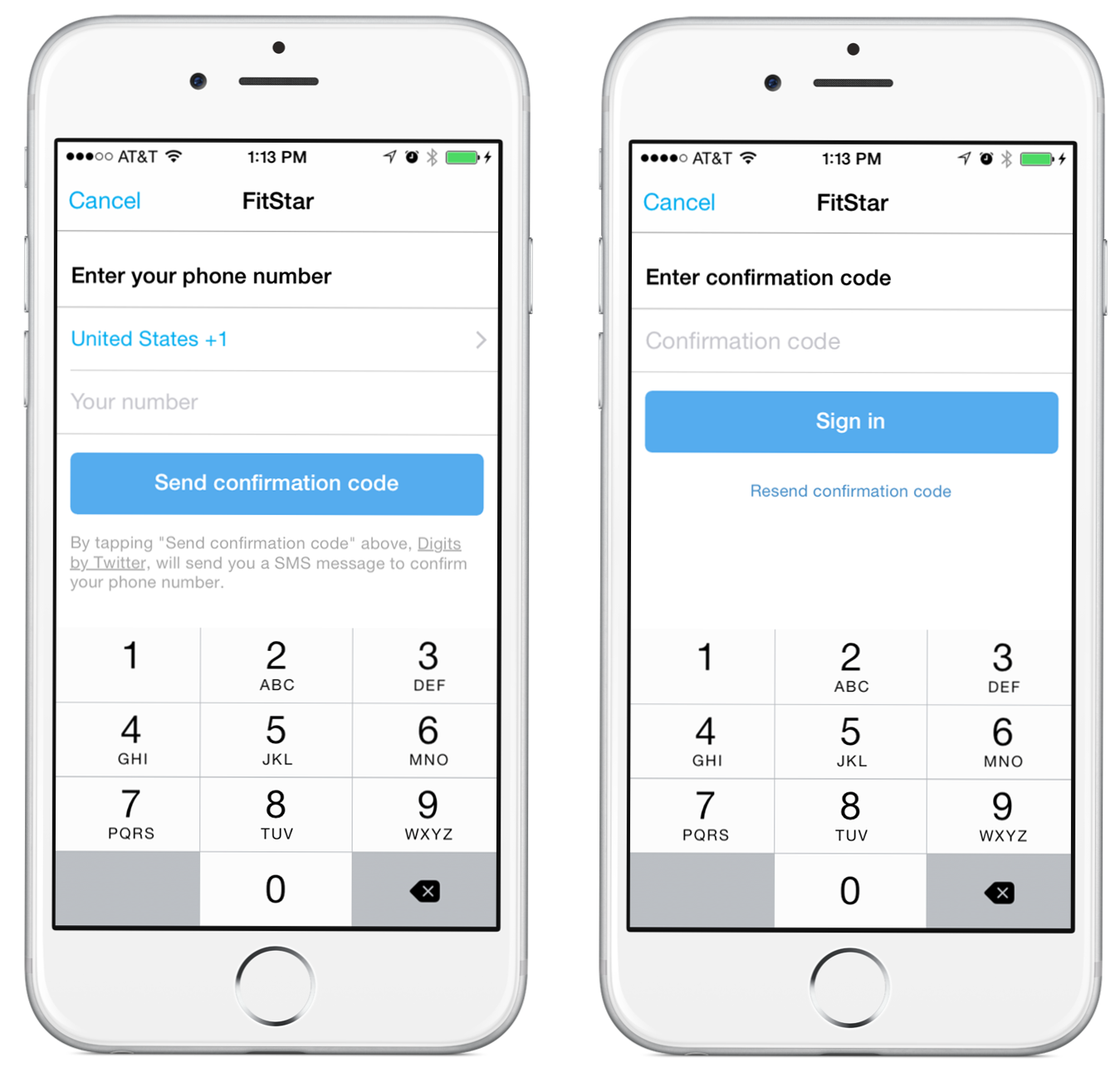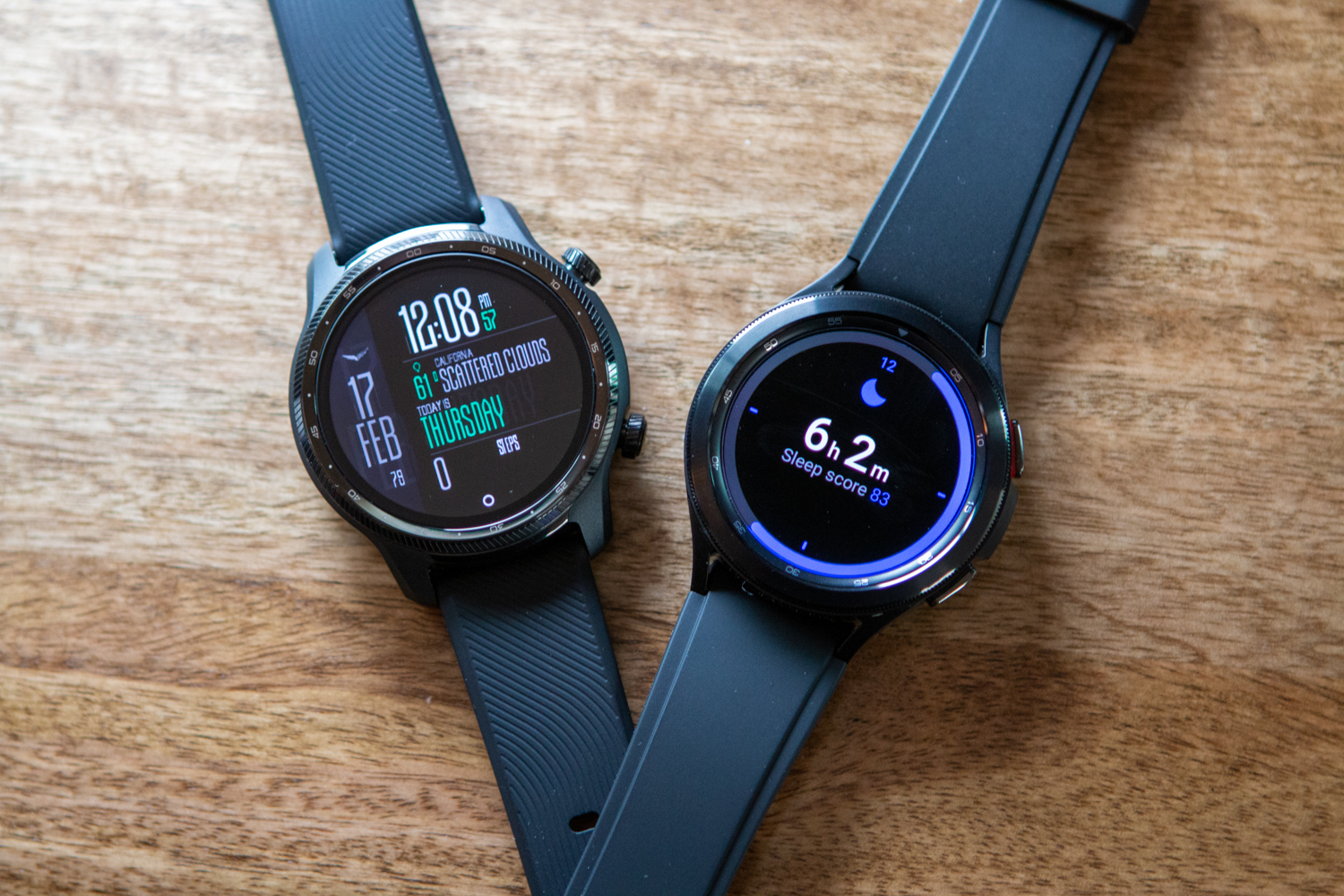As part of Twtiter’s first mobile developer conference in 4 years — dubbed Flight — the social network talked about their latest efforts to add millions of new users by way of eliminating the password. What’s wrong with the password? Well, aside from being easily forgotten (the more secure ones anyway), easily hacked, or just a pain in the butt to type out, they mostly rely on the user having some sort of email address.
After traveling the globe, Twitter’s Senior Product Manager found that when outside the US, not too many people have email accounts. This is why Twitter is now introducing Digits, the company’s new method of killing off passwords once and for all. It’s really not too different from the sign in method you’ve seen a few apps use already, and works by sending an SMS verification code to a phone, and then authenticating the user.
The big deal about Digits is that it’s not just Twitter’s new method for signing in users, it’s available to any and all developers looking to integrate the sign in method into their apps (and for free). Like Vine before it, the Twitter-owned Digits will act as its own separate brand and is yet another way for Twitter to help diversify themselves.
Developers interested in integrating Digits int their apps can learn more via Twitter’s developer site here.
[via The Verge]










And then Twitter can sell a list of all the mobile phone numbers it collects to a marketing firm and it’s telemarketers on mobile, SMS, Twitter, …!
Best news I’ve read all day!
Uhm. No.
“found that when outside the US, not too many people have email accounts”
You’re kidding me right? I knew this site was US focused, but i never expected it to be so ignorant of the rest of the world. I’ve travelled a lot, from Morocco to India and i never once met a person who, when it came up, didn’t have e-mail.
Quoting this uncontestedly, as a given fact, is just so ignorant. I can’t believe it. I’ve removed Phandroid from my rss feed and I’ll go look for a different source for android news.
Yes, just for that.
Lol. You should read more carefully.
“After traveling the globe, Twitter’s Senior Product Manager found that when outside the US, not too many people have email accounts.”
That was taken from Twitter’s senior project manager. Not from the Phandroid staff.
“Quoting this uncontestedly”
He acknowledges that it’s a quote. He’s objecting to the author not challenging the quote and therefore implicitly agreeing with it. Who should read more carefully?
Quoting something and not challenging it isn’t the same as agreeing with it. The quote was an explanation for the service. Challenging the validity of the explanation is fine, but not challenging said validity is not the same as agreeing with it.
First it’s a bizarre statement. Not even noticing that comes across ignorant no matter how you put it. Especially since…
Second, i didn’t only read the article but also the source and it says something different. “The farther he traveled from America, the less likely it was that anyone he met had an email address” That doesn’t imply that it’s likely, only that it can occur more often which could still be, say 5% versus 2% (depending on if you emphasize *anyone* or *met* when reading it out loud, i think the author intended the latter, so it should be read as “people he met”).
Yes, it is a strange statement. Phandroid paraphrased what he said. Perhaps if they changed the “too” to “as”, to show that they meant relative to the US. When I read it, that is was my interpretation. Then again, I tend to read Phandroid later than my brain wants to remain 100% focused.
Ultimately, your initial reaction seemed over dramatic, which is what made me comment. In the end, it doesn’t seem like an issue large enough to never read Phandroid articles again.
But whatever, its your RSS feed, not mine.
Changing “too” to “as” would make the meaning very different indeed.
I admit I’m very sensitive to such things, and responded accordingly. But this proves to me that there’s no adequate peer reviewing of the articles here and, by now, that authors don’t bother to rectify errors when pointed out in responses.
That a statement about a part of the population in a select few emerging markets (the article later names Brazil, India, and Indonesia) gets stretched to “most people outside the US”, while on itself pretty ignorant, just goes to show underlying issues that make me doubt the quality and accuracy of the articles here.
I’m picky about what news sources i trust.
This isn’t eliminating passwords. It’s just generating random/one time use passwords. It could be used just as easily with email . It’s less secure than a memorized password since someone with your phone (assuming it’s unlocked), could just request a confirmation code. At least good password reset systems require you to answer security questions to reset.